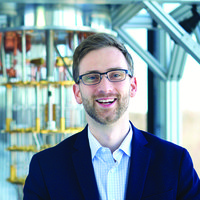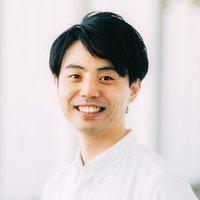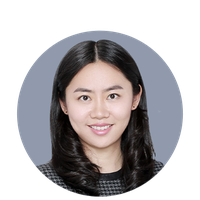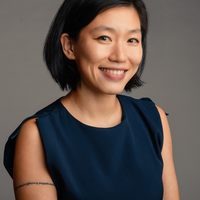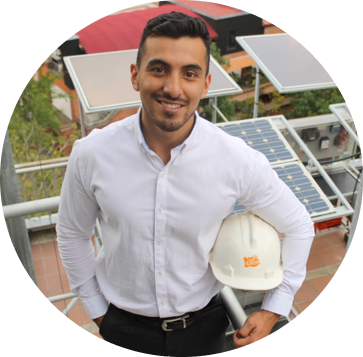Three out of every ten people in the world do not have access to safe drinking water at home, which amounts to a total of 2.1 billion people, according to the World Health Organization. Most of this population is concentrated in developing countries. In the case of Colombia, the situation affects some two million people of indigenous or Afro-descendant origin. Faced with this situation, Lëmnec Tiller Avellaneda, an enterprising young mechatronics engineer of indigenous Wayú descent, set himself a goal: to find a way to supply drinking water to these vulnerable communities in an efficient and environmentally friendly manner.
His response to the water challenge is called Wayuuda, a foundation he created in 2016 that is focused on helping the Wayú indigenous community. One of Wayuuda's projects is Wüin Wayyaa, which in the Wayú language means "we are water." This initiative blends ancestral knowledge with current technology to extract water from wells with an automated pumping system powered by solar energy. For this breakthrough, Tiller has been selected by MIT Technology Review in Spanish as one of the winners of Innovators under 35 Latin America 2020.
Wayuuda has gone from a "welfare approach, such as providing non-perishable food" to developing more than 13 self-sustainable projects, explains the innovator. Wüin Wayyaa works with the collaboration of the Wayú community itself, which digs the artesian wells and receives training on how to install and maintain the solar panel pumping system.
Tiller's work has already resulted in two eco-friendly pumps that "provide self-sufficient and safe access to water," he explains. His goal, in collaboration with the community itself, is to install ten pumping systems by 2023. Further down the road, he hopes the Wayú will be able to live in self-sustainable communities thanks to other Wayuuda projects, such as a hydroponic farming system that provides food with less water consumption and the construction of schools with the support of the community, using traditional Wayú architecture and materials from the region.
Tiller also seeks to create decent employment in these communities through ethnotourism and the technification of handicrafts. The young man elaborates further: "The idea is to make alliances with the public and private sector to make more communities self-sustainable around the world."
Cristiano Gallep, professor at the State University of Campinas (Brazil) and member of the Innovators under 35 Latin America 2020 jury, considers that Wüin Wayyaa generates "a great impact on vulnerable people" by solving "the lack of water in indigenous villages."
